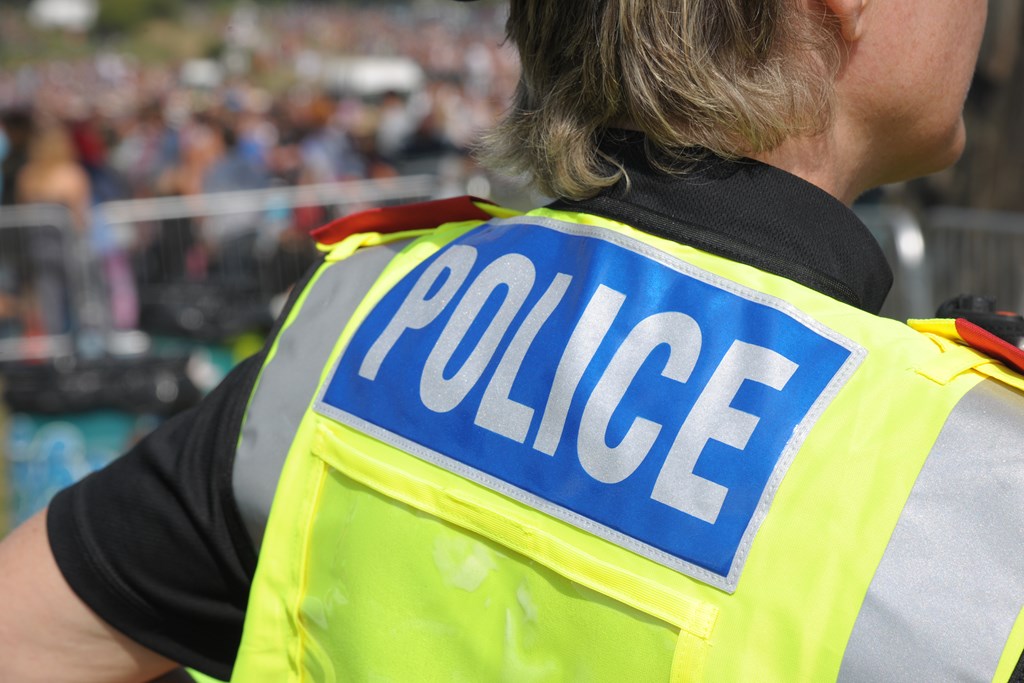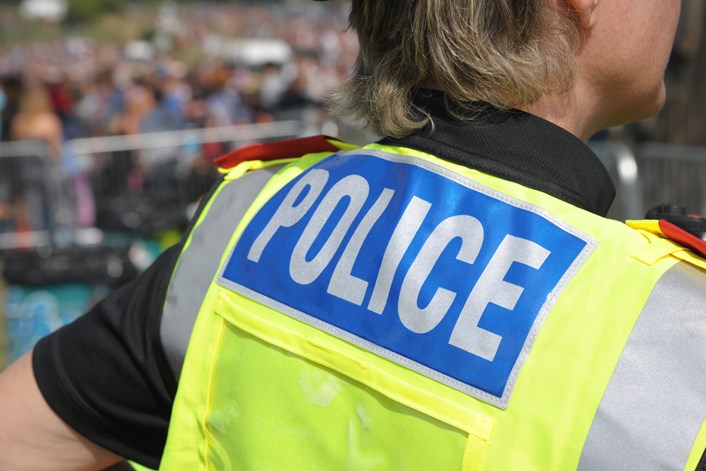
03 Nov 2020
NPCC ready to learn from Undercover Policing Inquiry
Police Chiefs have reiterated their commitment to assisting and learning from the Undercover Policing Inquiry, which started earlier this week.
The National Police Chiefs’ Council has core participant status at the Inquiry and will contribute to the Inquiry’s aims to identify mistakes, areas of good practice and learning for the future.
The NPCC has provided significant material to the Inquiry, including hundreds of documents relating to undercover operations and statements, and will play an active role as a liaison between the Inquiry and police forces. A co-ordination team was set up in 2016 to manage the requests and needs of the Inquiry.
Policing has already learned significantly from the mistakes of the past and there are now comprehensive guidelines, legislation, safeguards and welfare support in use. Including:
- College of Policing Authorised Professional Practice on undercover policing which sets out, publicly, the boundaries which undercover operatives and operations must work within.
- Undercover operatives remain bound by the law, regulations and rules. They follow a strict Undercover Code of Conduct.
- Undercover operatives receive extensive training and are regularly assessed to ensure their suitability to be an undercover officer is maintained.
- Before being accepted as an undercover officer they must undergo a personality assessment and in some cases a psychological assessment.
- All authorising officers must be trained before granting permission to deploy undercover operatives. A judicial commissioner must then be noticed of those authorisations. Any deployments lasting more than 12 months require prior approval of judicial commissioners.
- Police also follow the Home Office’s Covert Human Intelligence Sources Revised Code of Practice.
National Police Chiefs’ Council lead for undercover policing, Chief Constable Alan Pughsley, said:
“Undercover policing plays a critical role in gathering evidence and intelligence to protect people from harm. It can, and frequently does, save the lives of innocent members of the public.
“It is now lawful, ethical, and proportionate but some operations, ethics and behaviour in the past did not meet the standards we expect today, and we will not defend these wrongs.
“We have learned lessons and have substantially changed the way we work with strict laws, guidelines, oversight, approval mechanisms and training. We have acted to stop unacceptable practices.
“We are committed to being open and honest with the Inquiry because this is an opportunity for us to learn further from when we’ve got it wrong and make any additional changes to give the public confidence in the way this vital tactic is used and overseen.
“Today chief police officers have a high bar for authorising operations. We will only do it to protect us all from dangerous criminals such as people traffickers, terrorists and paedophiles.”
There are a number of recent high profile police operations which have potentially saved hundreds of lives. Including:
- More than 100 suspected paedophiles were arrested in the West Midlands for targeting children online resulting in prosecutions, convictions and sentencing totally more than 100 years
- Counter Terror Police have thwarted potential attacks in London including on the capital’s Gay Pride Parade.
- More than 46 people jailed for a total of more than 180 years by South Wales Police after a large scale drugs investigation.
The opening statement given to the Inquiry by the NPCC is published here.
Contact information
Communications office
By phone: 0800 538 5058
By email: press.office@npcc.police.uk

